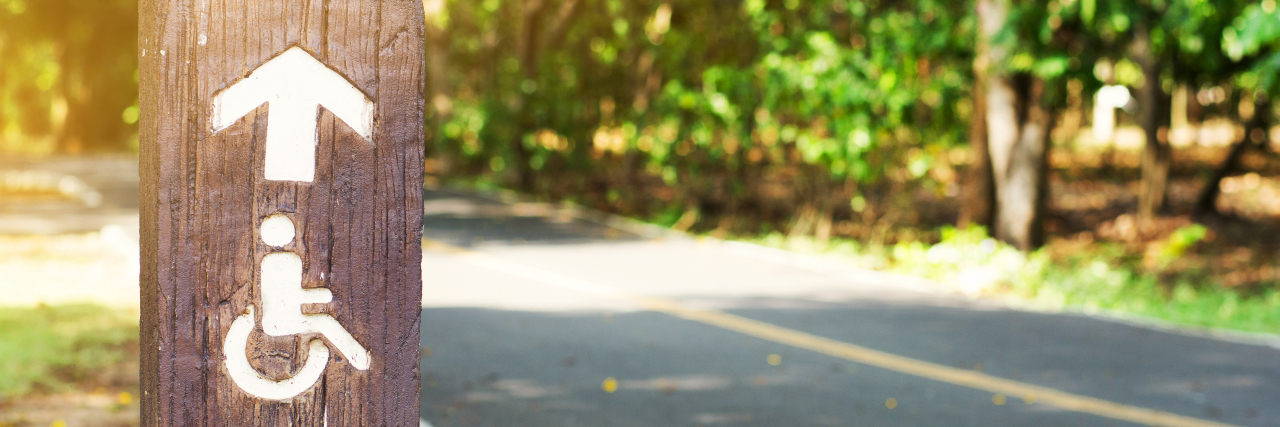Can disability be an identity without defining us? This question has rung through me since I was reading a wonderful book called “The Minority Body,” suggested to me by one of my lecturers. It’s a feminist philosophy book by Elizabeth Barnes, a fellow Ehlers-Danlos syndrome warrior, which has empowered me to drive my philosophical passion of my degree into understanding who I am as a member of the disabled community. Into who I am as a member of society; and as a philosophy undergraduate trying to contribute something to the world. I want to leave it a little bit changed for the better than the way I came into it. I won’t try to reiterate what the book explores, but it has inspired me to investigate what we see as an identity.
• What is Ehlers-Danlos Syndrome?
• What Are Common Ehlers-Danlos Syndrome Symptoms?
Identity, I believe, is different to a definition. People can have many identities: religious, cultural, sports team supporter etc. However, for something to define a person, it encapsulates all they are in one breath. It can be hard to believe that something which can be so all-consuming and draws us into a life that revolves around medication routines, hospital visits, and the list goes on, doesn’t define a person. From personal experience, earlier this week I recorded all the dislocations my body endured in a 24-hour time frame. I had 42.
That took over my entire day — took over who I was as a person that day — even though I was still attending lectures and seminars.
It can feel like a defeat when we admit our illness or disability is defining who we are — after all, with so much “inspiration porn” circling social media, there is a stigma of being an “inspiring hero” that people who are struggling are supposed to live up to. The classic “I am not my disability,” as transforming as it can be for some, can wrap those who are struggling with their consuming condition in an unfair guilt.
We need to stop feeling like we have to say “person with a disability” as opposed to “disabled person,” because being a “disabled person” doesn’t mean our disabilities define all that we are. Admitting your disability is a big part of your life needs to stop being embarrassing. It’s time we start recognizing that it may not define all that we are, but it is one of many identities that shapes who we become — and has shaped the way we view the world.
Getty image by Blind Turtle.

